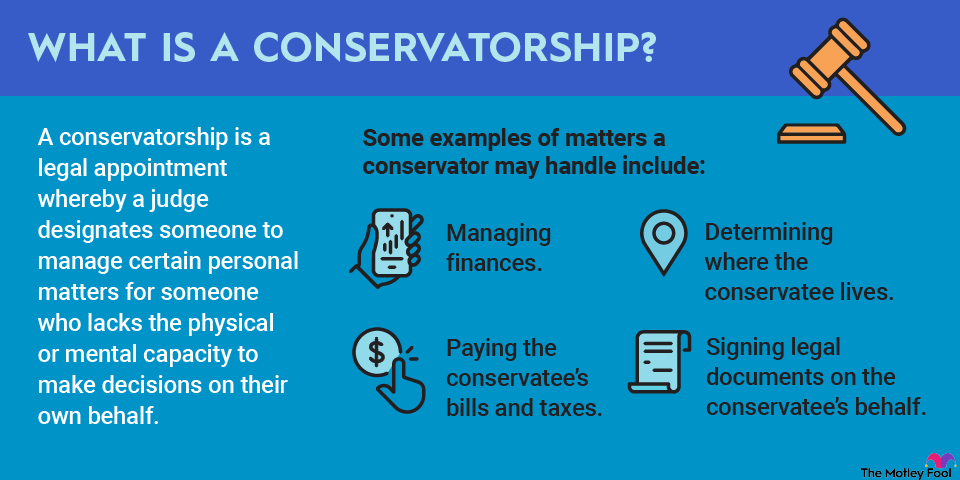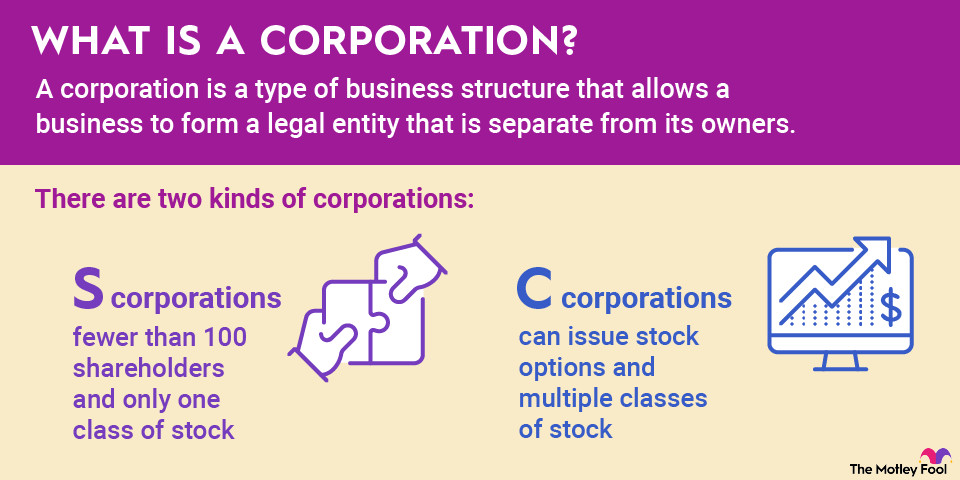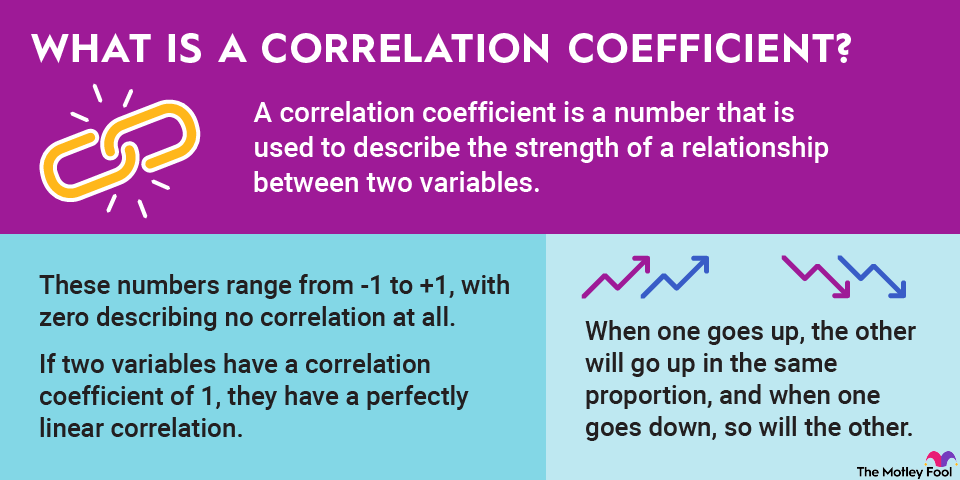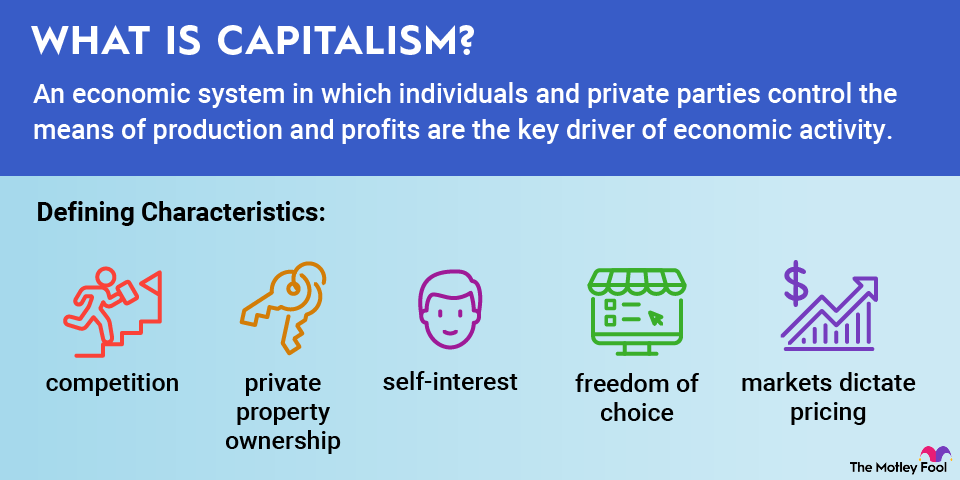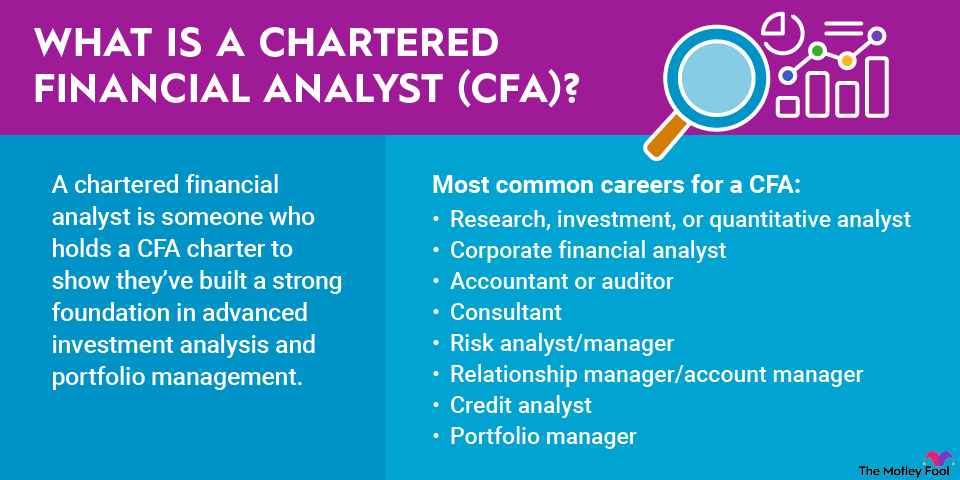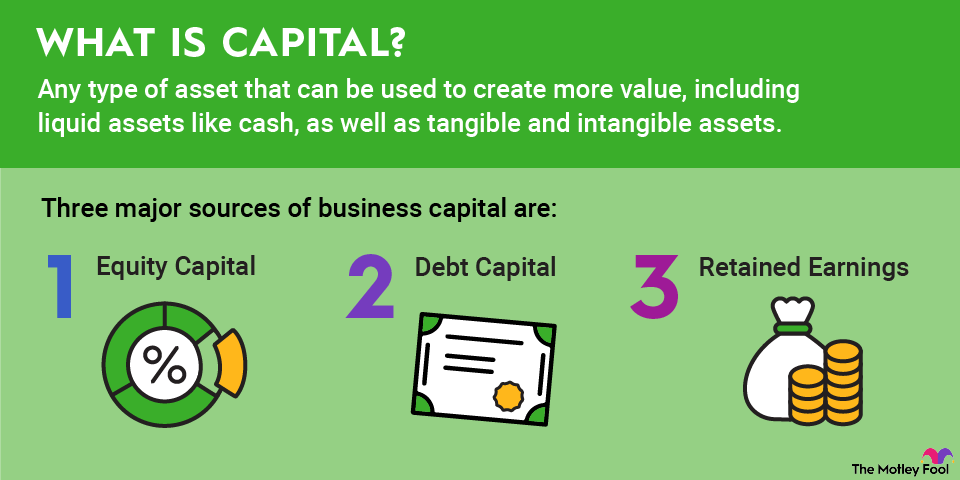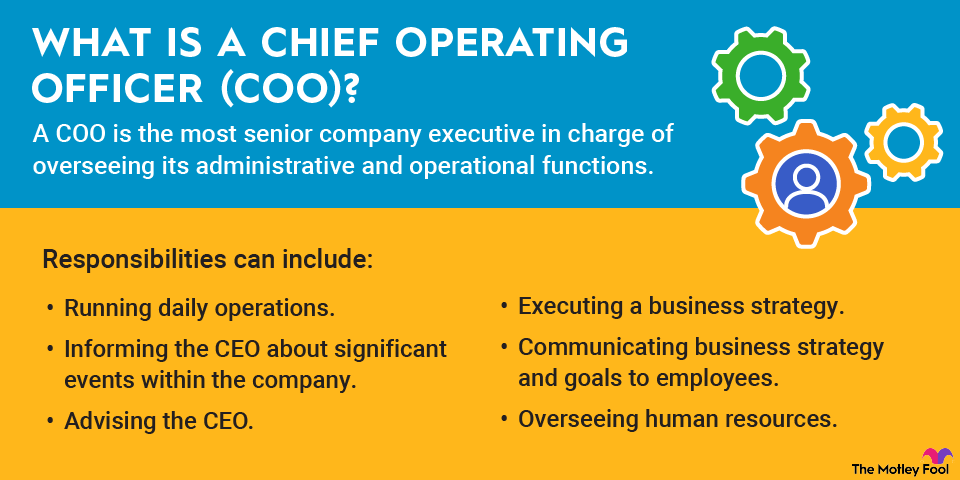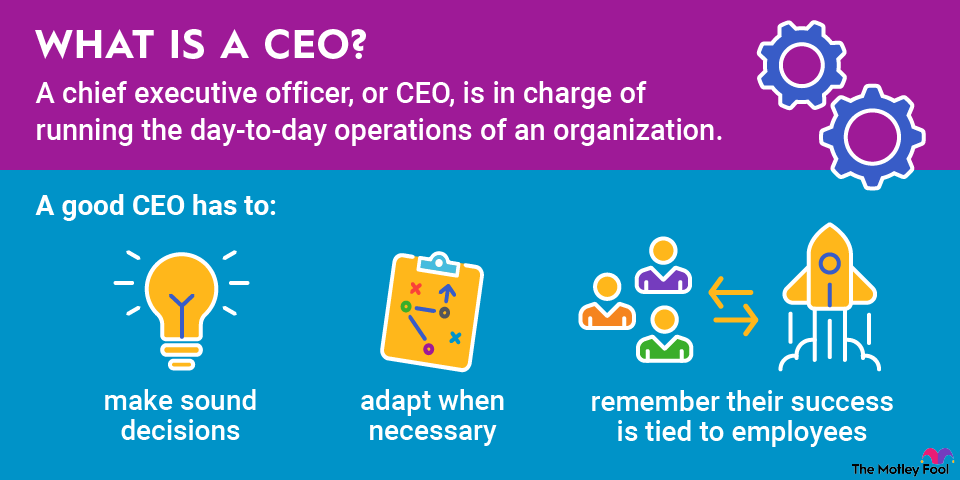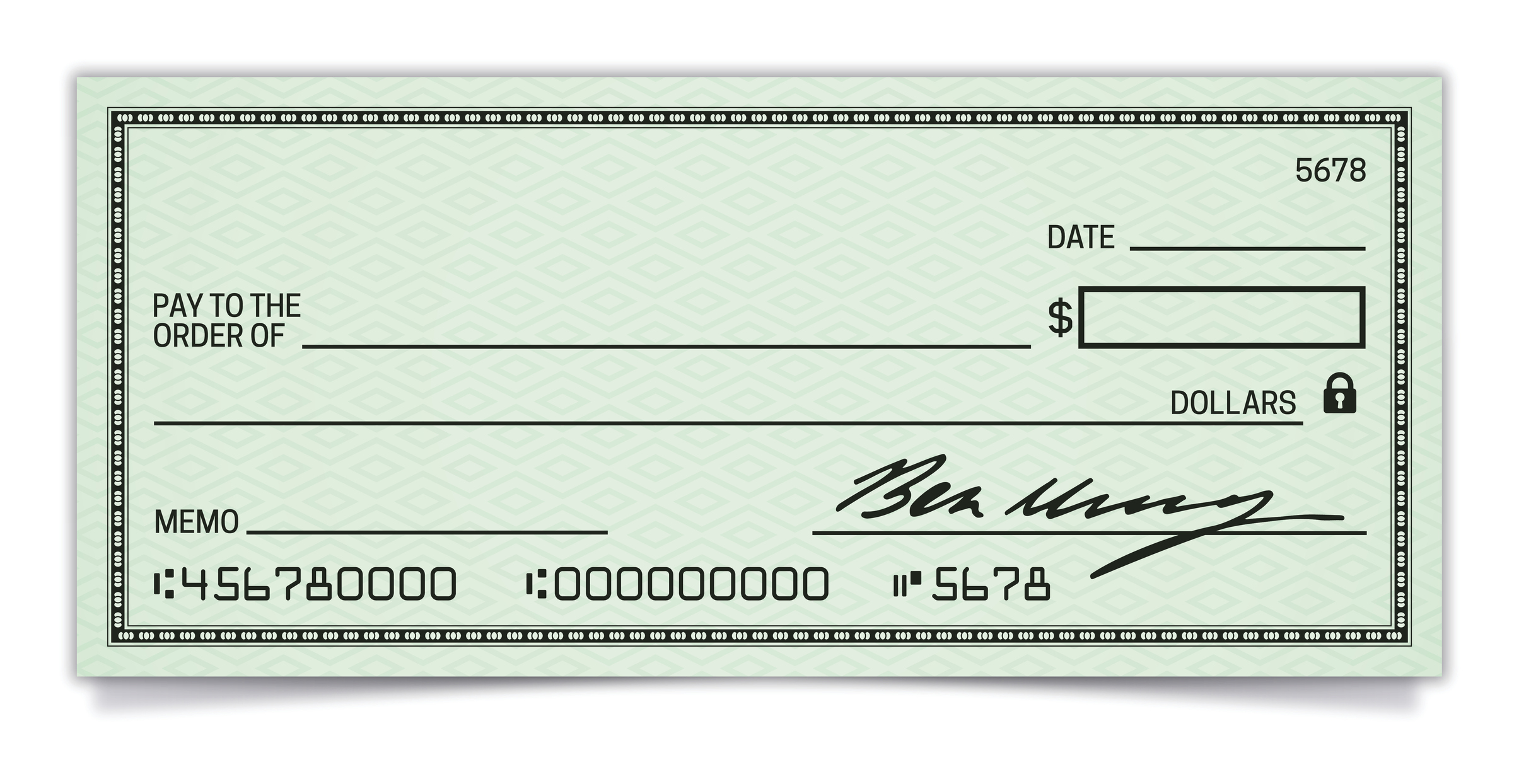Commodity goods are raw materials, like corn, flour, oil, and metals. Commodities trading is the buying and selling of these raw materials. Sometimes it involves the physical trading of goods. But more often it happens through futures contracts, where you agree to buy or sell a commodity for a certain price at a specified date.
Commodities can add diversification to your portfolio and provide an inflation hedge. However, commodities are highly volatile. Trading commodities is complex because factors like weather events and political strife that are often difficult to predict can have an outsize impact on prices. Keep reading to learn the basics of how commodities trading works and some alternative ways to invest in commodities.
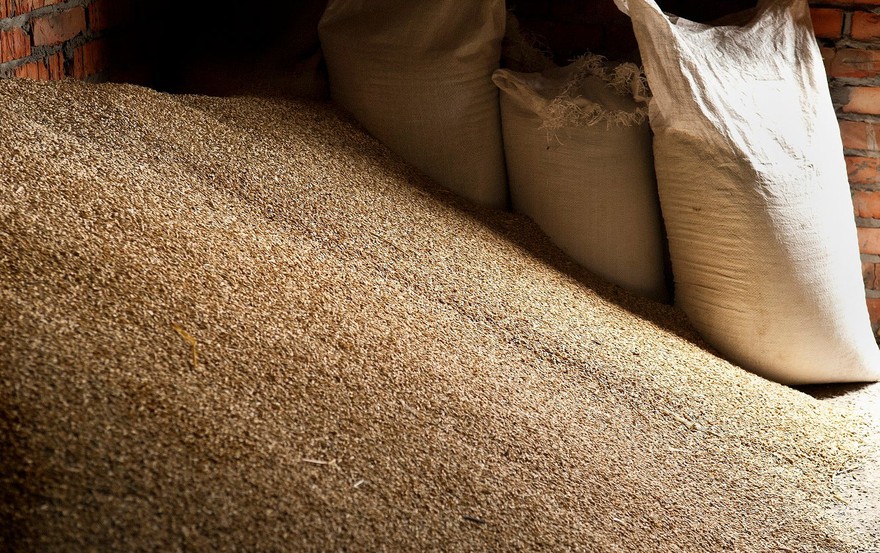
What is commodities trading?
When you buy an ear of corn or a bag of wheat flour at a supermarket, you probably don't pay much attention to where they were grown or milled. That's because both corn and flour are commodities. Commodities trading is the buying and selling of these interchangeable materials in bulk. Often these raw materials are the building blocks of manufactured products.
Commodities traders bet on how the commodity's price will move. If you think the price of a commodity will go up, you buy futures, or go long. If you think the price will drop, you sell futures, or go short.
Although it's possible to trade commodities by buying and selling the physical commodity, trading through futures contracts is far more common. These agreements specify the terms of delivery of an asset for a specified date in the future. They're often used by producers or major industrial consumers as a risk management tool in case prices increase or decrease.
For instance, say you're a corn farmer. You want to be sure that you'll be able to get at least the prevailing market price for your crop. So you sell a futures contract, agreeing to sell 5,000 bushels of corn at $4 each in 90 days. You win if prices drop because you've locked in $4 a bushel. But you miss out on profits if prices rise to $5.
On the other side, say you're a food processing company that needs corn to produce cornmeal for food retailers. You don't want to risk higher prices if there's a smaller crop. So you buy that futures contract for 5,000 bushels of corn at $4 each. If prices fall, you lose because you pay more than the prevailing market price. But if they skyrocket, you're still paying only $4 a bushel.
As an investor, you can also speculate on corn prices. For example, let's say you buy that same futures contract. You have no intention of actually buying 5,000 bushels of corn in 90 days, but you're betting corn prices will rise and you'll be able to sell it for more money. Or you can take a short position if you believe prices will fall.
Futures contracts are typically traded on commodity exchanges. The two largest exchanges in the U.S. are the Chicago Mercantile Exchange and the New York Mercantile Exchange.
Types of commodities
Investors break down commodities into two categories -- hard and soft. Hard commodities require mining or drilling to find. Soft commodities are grown or ranched. There are four main types of commodities.
- Agricultural products: Soft commodities. They include crops like coffee, corn, wheat, soybeans, cotton, and lumber.
- Livestock and meat: Soft commodities. They include live cattle, beef, pork bellies, and milk.
- Energy products: Hard commodities. They include crude oil, natural gas, unleaded gasoline, propane, ethanol, and coal.
- Metals: Hard commodities. They include precious metals like gold and silver and industrial metals like copper, aluminum, and palladium.
Commodities vs. the stock market
Commodity prices often fluctuate wildly because of changes in supply and demand. For example, when there's a big harvest of a certain crop, the price usually goes down. When there's a drought, prices often rise because of fears that the supply will drop.
Similarly, during cold weather, demand for natural gas for heating purposes rises. This causes prices to spike, too. But a warm spell during winter can depress prices.
Still, some commodities are relatively stable, such as gold, which also serves as a reserve asset for central banks. But in general, commodities are significantly more volatile than stocks or bonds.
Some investors seek out commodities for diversification. Commodities usually have a negative correlation (their prices move in different directions) or a low correlation (their prices don't move in tandem with each other) with equities.
For example, oil and stocks tend to have a negative correlation. That means rising oil prices have traditionally been linked to a weaker stock market. Likewise, the stock market is often stronger when oil prices are low.
For that reason, commodities are a popular stock market hedge. Many investors flock to gold during a bear market, for example. Commodities are also a common inflation hedge. High inflation often causes commodity prices to soar; stocks and bonds perform better when inflation is lower.
Should you trade commodities?
Commodity trading is a high-risk, high-reward endeavor. It can be an effective means of hedging your portfolio against a bear market or inflation.
But you should consider it only if you have a strong understanding of the supply-and-demand dynamics of the commodity market. That includes knowledge of historical price trends and what's happening in real time. If you're getting started, you can reduce your risk by limiting your use of margin.
Much of commodity trading amounts to speculation, not investing. Unpredictable factors like the weather, disease, and natural disasters can have huge effects on commodity prices in the short term. If you're looking to invest in a commodity for the long term, commodity stocks, mutual funds, and ETFs are a better option for most individuals.
